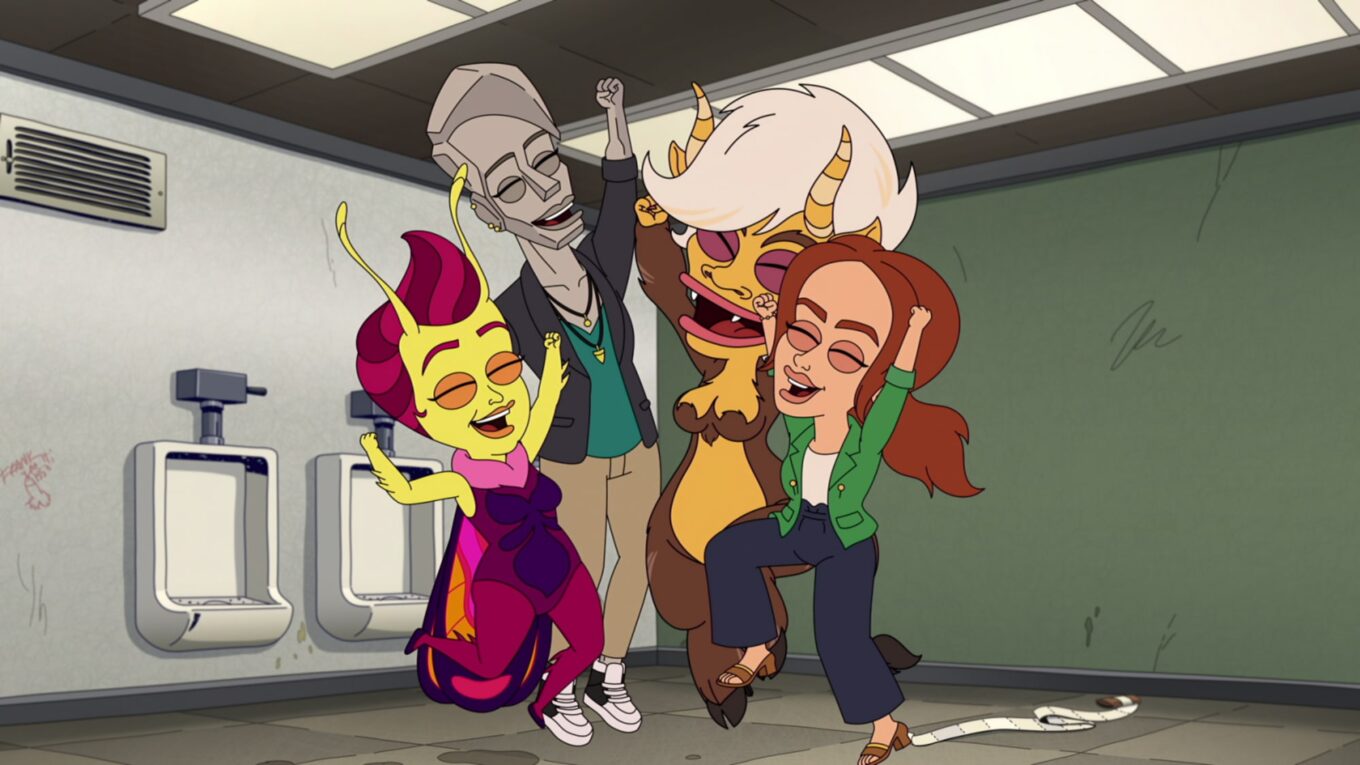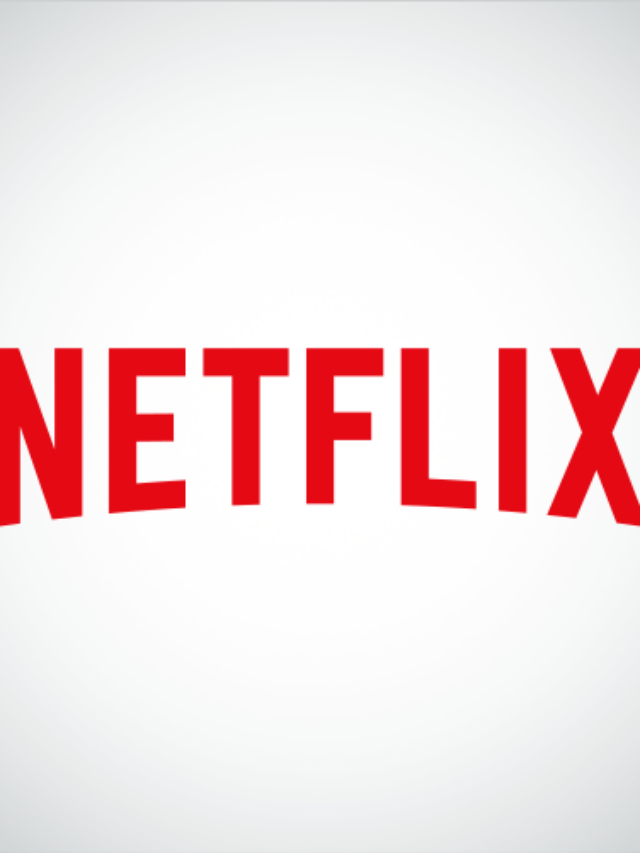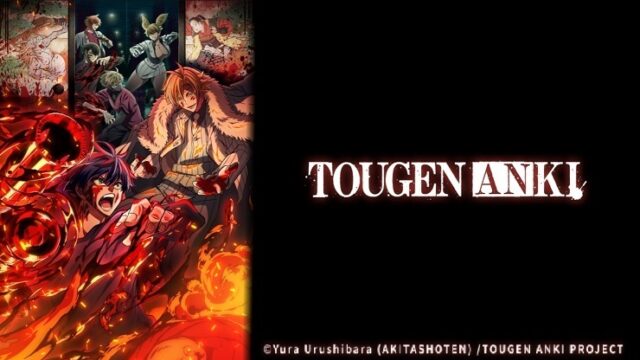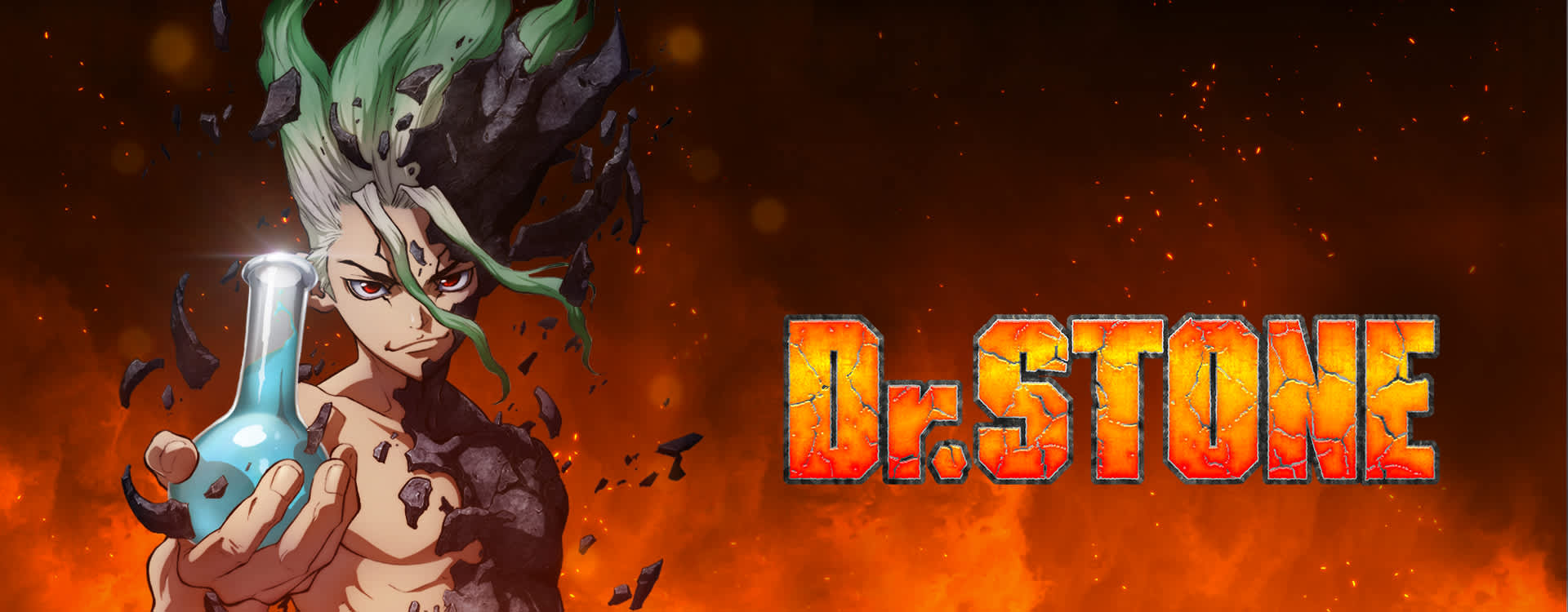Season Review: Human Resources Season Two
Overview:
Workplace hijinks of an emotional nature continue to go to wild places as the creatures in the Human Resources department aim to aid their targets while they make sense of their own crises. It’s not easy to help the love and lives of others, but newfound obstacles really push Pete, Rochelle, Montel, and the rest of the Human Resources department to figure out what they want in their own lives before they improve those of others. Rites of passage, repressed trauma, conflicted change, and zombie phalluses just scratch the surface of Human Resources season two.
Our Take:
Human Resources’ first season reaches some really mature ideas by its end, but the biggest question with both this series and Big Mouth is whether the general premise has worn too thin. Human Resources’ deeper themes aren’t wholly absent in its second season, but it certainly feels like the series has regressed to some degree where it feels more comfortable hiding behind puerile puns and crude visuals rather than finding the substance beneath it all. However, after seven seasons between both Big Mouth and Human Resources it feels like the show has worked through all of the natural Lovebug/Ambition Gremlin/Addiction Angel analogues and metaphors. It’s now reached a point where “Jizz Mitzvah” or the winter season “Judeo-Rectal” holiday, “Anal Day,” are now acceptable levels of parody. Oh, and of course the catering for this lazy affair is handled by “Wolfgang Fuck.” These low-hanging gags are harmless, but they’re indicative of lazy writing that holds back Human Resources from being something greater and in doing so reflects the messy, flawed nature of being human.
After a freshman season of learning the ropes in the Human Resources department, season two explores how to find the joy in work and to love what you do rather than just go through the motions. This season finds a comfortable balance between stories with monsters in the Human Resources department with the real-world humans who are tethered to these figments. This bifurcated structure works and episodes typically find ways to effectively marry the storylines between these two realms. Honest, flawed rom-com-esque meet-cutes play out while Human Resources has fun with different styles of stories than Big Mouth’s standard hormonal hiccups. Human Resources is able to navigate more mature material like sex, one-night stands versus. relationships, and the early struggles faced when moving in together with one’s partner.
This season also puts a greater emphasis on the importance of hope in relationships, love, and life, which leads to a more uplifting and optimistic season. That being said, Human Resources is still full of its share of darker, contemplative moments, not to mention a vengeance scheme that plays out from beyond the grave. There’s also a devastating cancer rabbit hole that this season heads down that’s rich in loss, guilt, and regret. It’s heavy, but it helps remind these ethereal creatures of the limited, fleeting nature of life. To that point, season two of Human Resources looks at how to find happiness after loss and the ways in which to embrace life’s second, third, or fourth acts that’s really quite beautiful and rare for animated comedies. Human Resources acts with the utmost respect as it tries to attack and discourage stereotypes and ableism through its broadened perspective.
Labels are a major theme through Human Resources’ second season, whether it’s in relationships, job titles, or personal ways of identification. This is most prominent through Montel, a Hormone Monster who chooses to identify as a Shame Wizard, which may seem a little glib, but it makes its point. There are similar questions of identity and transformation through Rochelle, who gets so caught up in her emotions that she experiences a jarring metamorphosis that pushes her outside of her typical Lovebug comfort zone. In Montel’s case, this soul-searching journey ends with the character becoming their most authentic self, yet Rochelle’s change is much more fluid in nature.
The specifics in Human Resources are often quite broad and ridiculous, but there’s thankfully some substance beneath it all that explores larger questions of identity, faith, and lineage. Montel’s desire to not grow up to be a Hormone Monster is played for laughs, but it raises some unexpectedly rich character-driven questions that reverberate through the rest of the season. Much of Human Resources forces the audience to cringe through crude concepts in order to experience the emotional highs that lie on the other side.
There’s an incredibly brutal and graphic bathroom brawl between Pete and Dante’s severed penis that fixates on crude, gratuitous visuals that are hard not to wince at, only for the sequence to conclude on a tragic, emotionally honest moment for the involved characters. This absurdist setpiece actually turns into a recurring catalyst through the season. Human Resources seems to relish this tonal whiplash even more than Big Mouth to some degree, especially since it doesn’t have a cast that’s full of children, yet these tactics still feel tired. For a show that’s all about fantastical creatures that help humans mature, Human Resources’ greatest hurdle is ironically enough its inability to grow up.
There’s certainly more empathy and less intense gross-out material in Human Resources than there is in Big Mouth, but much like in season one there are some powerful, emotional stories that will take the audience’s breath away. These two extremes that are at odds with each other have been the bread and butter of Big Mouth, but when it doesn’t work in Human Resources it comes across as particularly awkward. It’s understandable if many don’t have the patience to jump through the show’s grotesque hoops, but it’s a shame that they’ll miss some genuinely effective stories in what’s confirmed to be the show’s final season.
The most compelling execution of the season’s themes occurs in the Sliding Doors-like “Rochelle, Rochelle,” which strives for something a little higher and more stylistically advanced. Clearly Human Resources is capable of such ideas and the earlier seasons of Big Mouth were just as inspired through ambitious risks like “Disclosure the Movie: The Musical!” It’s just unfortunate that there aren’t more glimpses of this greatness throughout Human Resources and that it feels more like an anomaly than the norm. Similarly, Human Resources’ memory bank concept and the idea of repressed memories and properly uncovering buried trauma scratches at the surface of something deeper and more substantial, but it’s still not anything that hasn’t already been explored in other series.
Much like in Human Resources’ first season, Pete, Rochelle, and Dante receive the most attention. There’s a more streamlined feeling to these episodes as Human Resources trims a lot of the fat that was less successful in its first season. That being said, there are still plenty of new creatures, some of which are more successful than others. There’s notably General Malice and the entire Hitler-esque Hate Department, but none of them feel as developed or clever as the series’ initial cast or the roster of monsters who made their debut on Big Mouth.
Whether these new characters are successful or not, they help Human Resources engage in some interesting ideas that reiterate how humans are frequently at the mercy of their emotions rather than being in control of them. This season argues that humanity fundamentally deserves hate, which is a curious premise that’s reflected at several points and reaches its apex during the season finale. Nevertheless, it still feels more like a threat than an idea that Human Resources wants to fully accept. There’s even a very on-the-nose episode that attempts to take on–and personify–a fast-spreading virus that draws many COVID-19 parallels. There’s something interesting that could have come out of such an experiment, but in the end it feels like a misfire.
At only two seasons, Human Resources ends its run much sooner than one would expect considering Big Mouth’s success. If this series had gotten off the ground earlier it’s easier to picture it going on for at least four or five seasons. As it stands, at two, it feels more like a curious addendum to Big Mouth that’s allowed the liberty to focus on certain rich ideas that wouldn’t have been possible in Big Mouth. On some level it’s unfortunate that these characters won’t get more time to come into their own and feel more like actual individuals and not trope-y gags, but at only two seasons, Human Resources is at least able to get out while it still has something to say. It helps evolve and complement the themes of Big Mouth and it’s easier to be more forgiving towards Human Resources when it’s viewed as an experimental companion piece and not a fundamental spin-off. When Big Mouth’s legacy is settled once its eighth season concludes, some may not even know that Human Resources existed, but it’s been a creative, open-minded comedy that’s done a lot more good than bad.
Let’s just hope that the final seasons of Big Mouth don’t feature any bodily fluid-based coming of age ceremonies.
This review is based on Human Resources’ entire second season, which is all available to stream on June 9th, exclusively on Netflix






















"There are also other characters that come and go (also owned by the Warner Bros. Discovery conglomerate media company)."
Huh. Is that just referring to other characters from the show itself, or is this implying that the new season is going to have cameos from other WBD IPs